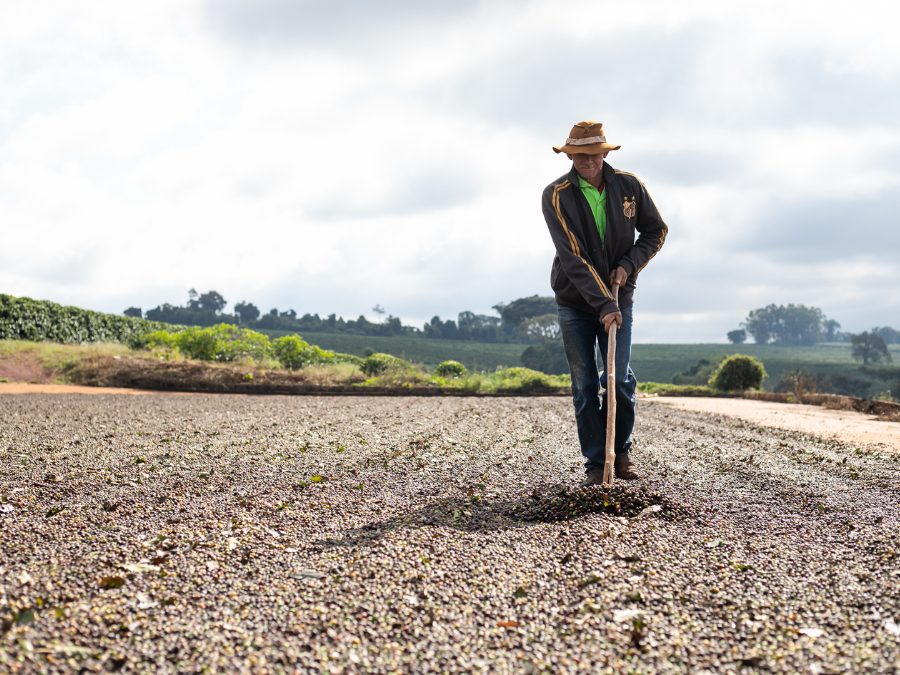
Paulig Group has established a “climate fund” to help the food and beverage company achieve its emission reduction goals.
The Finalnd-based group’s fund is valued at €2.7m ($3m) and will be used in its efforts to cut the emissions generated in its wheat and coffee value chains, from logistics and from Paulig’s own operations.
Lea Rankinen, director of sustainability and public affairs at Paulig, said: “Our ambition is to be a sustainable frontrunner in the food and beverage industry, and our target is to reduce greenhouse gas emissions from our own operations by 80% and from our value chain by 50% by 2030.
“With this unique fund, we will strengthen the impact and agility of our climate actions, enhance our innovation capabilities, and accelerate our progress towards our ambitious climate targets. The fund enables us to further drive actions that have the biggest value chain climate impact on the company level.”
Paulig has used “a climate fee for emission ton” to work out the budget needed to cut its CO2 emissions each year.
“We have used an internal carbon price of €50 for CO2 ton and then evaluated the needed budget for our targeted climate impact reductions,” Paulig CFO Juha Väre said.
“This evaluated cost needed for targeted emission reductions is then included in our financial plan and annual budget. Applying the internal carbon price mechanism as part of our financial planning helps us understand how carbon emissions could affect our profit and loss statement and our investment choices.”
The fund is primarily allocated to projects in wheat and coffee value chains and logistics but new proposals and initiatives are reviewed annually.
“Our criteria for selecting the projects are based on Paulig’s company strategy, sustainability approach and science-based climate targets. Tortillas and coffee have the biggest climate impact in our value chain. The focus is to help reduce emissions in raw materials farming and advance regenerative farming methods. Most of the projects are planned and implemented together with our suppliers and partners,” Rankinen stated.
The family-owned company has 2,300 employees in 13 countries and its sales amounted to €1.1bn in 2022.
“Relevant carbon accounting standards” are used to measure the climate impacts of projects, according to a statement from the group.
“We monitor the progress of the climate projects regularly against the targets and budget. Our goal is also to turn best practices into routines and adapt them as part of our operations. We will expand the use of new innovations, methods and technology discovered in the projects by scaling them within the value chain,” Rankinen added.
Paulig already has sustainability initiatives in the wheat and coffee sectors underway, with a partnership with agricultural cooperative Lantmännen to reduce wheat flour climate impact and an agricultural transformation plan for the coffee value chain.
